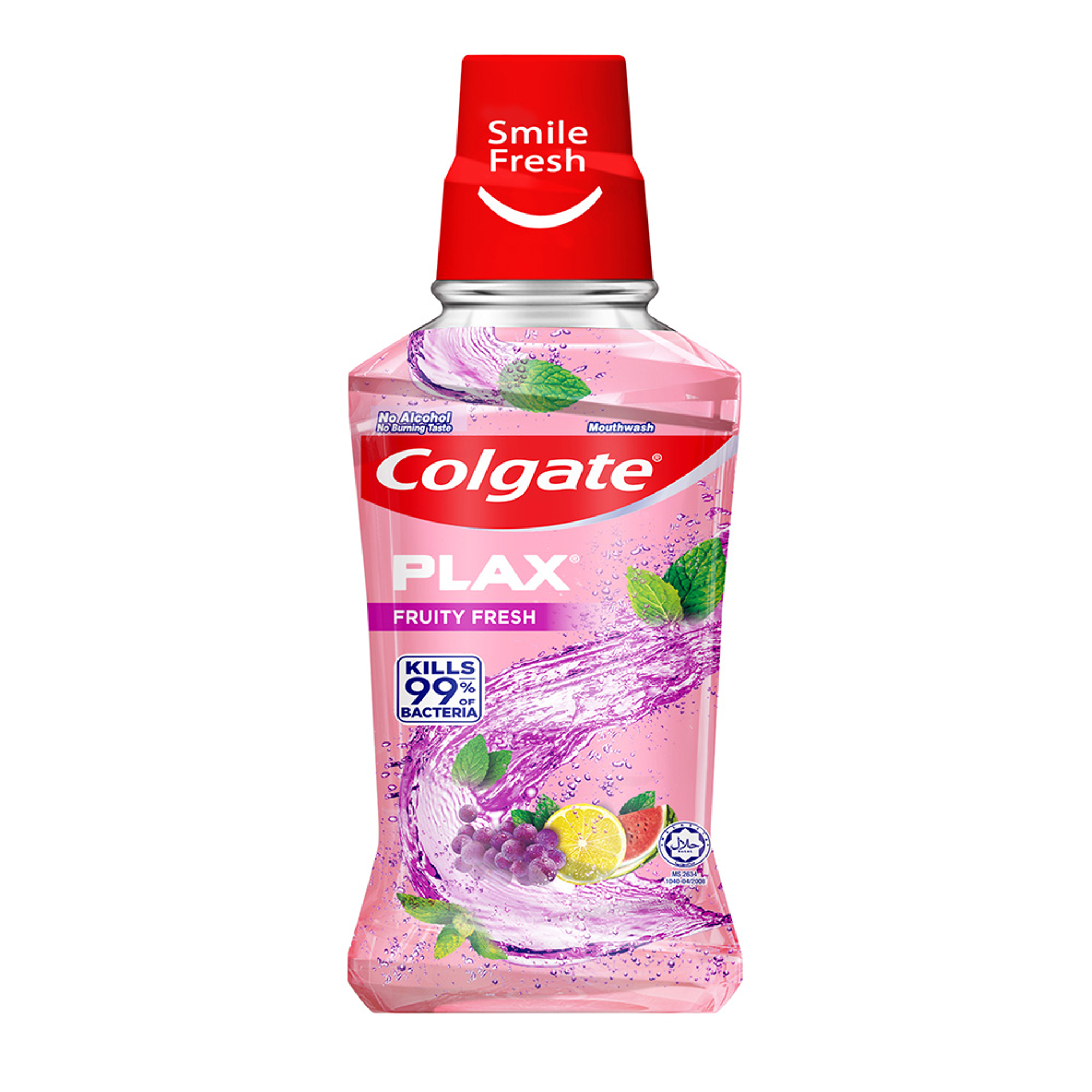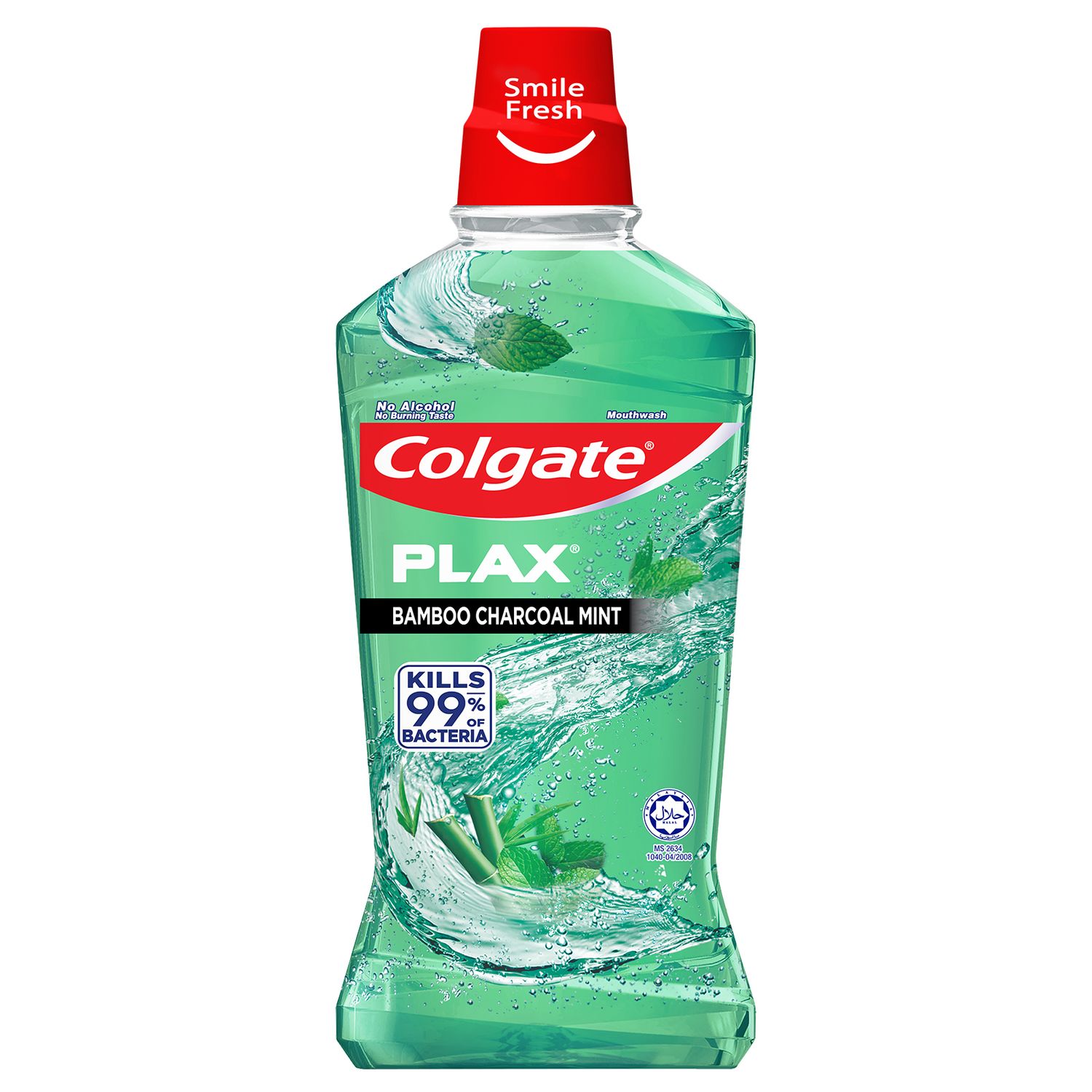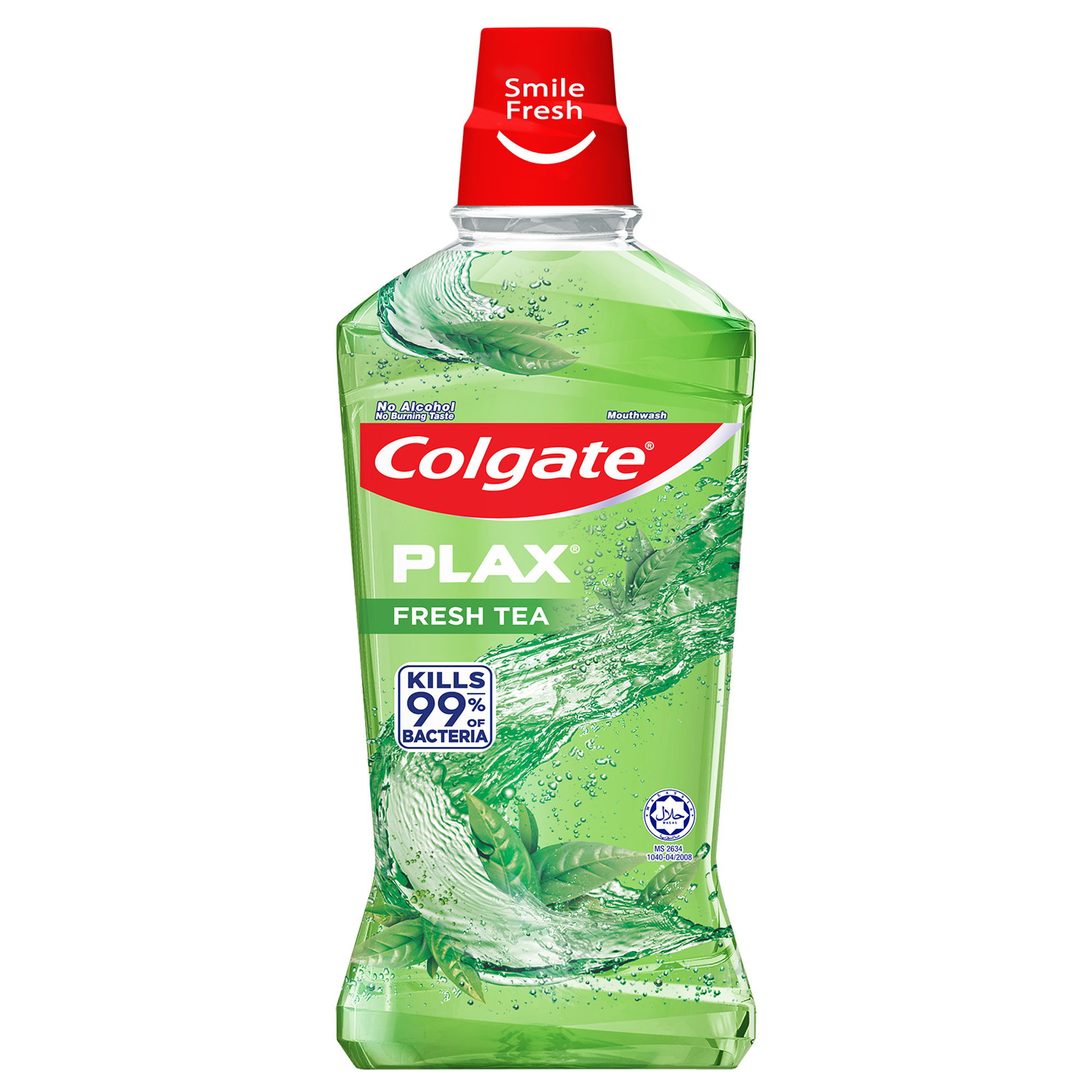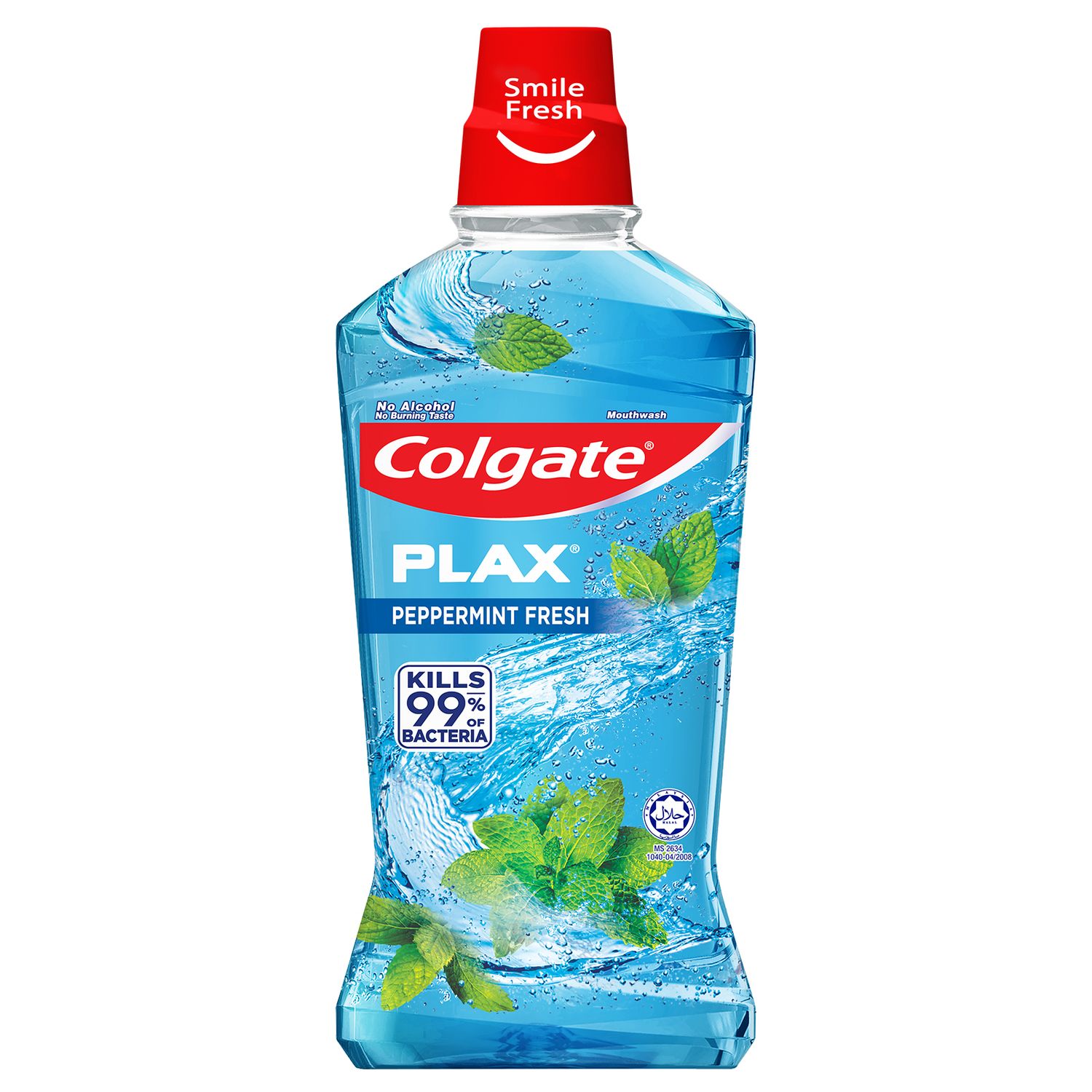-
-

FLUORIDE
Discover how stannous fluoride toothpaste prevents cavities and other oral health issues. Learn the key benefits of fluoride for teeth and its best uses.Fluoride plays a vital role in oral healthcare...

TEETH WHITENING
Teeth Whitening Serum for a Brighter, Confident SmileWho does not want whiter and brighter teeth? Thanks to the many teeth-whitening products available today...
-
Science & Innovation
- ORAL HEALTH ASSESSMENT
- Colgate® | Toothpaste, Toothbrushes & Oral Care Resources
- Oral Health
- Is It Bad to Be a Mouth Breather?


Common Causes of Mouth Breathing
While it's normal to breathe through your nose, you may unconsciously be breathing through your mouth if your nose is blocked. There are many possible reasons why the nasal passages could be blocked, making it hard to breathe through your nose.
A blocked nose can be caused by the common cold and sinus infections. In addition, a reaction in the nasal passage (rhinitis) to an allergen or irritant, such as cigarette smoke or pollution can cause a blocked nose. Growths in the nose's lining, called nasal polyps, may also interfere with airflow through the nose.
Enlarged tissue in the back of the nose can sometimes cause nasal obstruction in children, or young children may even accidentally obstruct their own nose by putting beads or other foreign objects into their nostrils.
How Mouth Breathing Affects Oral Health
If you regularly breathe through your mouth, you may notice that your mouth feels dry. This dryness may be uncomfortable — but what's more, it can lead to oral health complications. SingHealth reports that dry mouth may lead to bad breath.
In addition, National Dental Centre Singapore warns that another potential complication of a dry mouth is tooth decay.
Children who often breathe through their mouths as a result of nasal congestion may experience other oral health complications, such as maxillary hypoplasia (decreased growth of the jawbones), which is usually associated with crowding of the teeth and dental malocclusion, as detailed in this human article. Malocclusion refers to crooked teeth that do not fit. These children tend to develop what is called "adenoid facies" - where they have facial characteristics like an open mouth, narrow midface and long lower jaw. This isn't just a cosmetic concern either. As SingHealth notes, a misaligned bite gives rise to both psychological and physical problems.
This includes self-consciousness and poor self-esteem, speech issues, problems with not being able to chew food properly, as well as difficulties in brushing and flossing that lead to tooth decay and gingivitis. When children breathe through their mouths, the constant exposure to air can dry out their gums, leading to inflammation. Children with this condition may have red, swollen gums, and their gums may partially cover the teeth.
Treatments for Mouth Breathing and Related Issues
To learn how to breathe through the nose instead of the mouth, you should see your dentist or doctor for an evaluation. The treatment for mouth breathing will vary depending on its exact cause. Some possible treatments include nasal rinses, nasal sprays, oral medications or surgery.
In addition, you may also need treatments for oral complications caused by mouth breathing. To manage dry mouth, National Cancer Centre Singapore suggests sucking on ice chips, sugar-free sweets or popsicles to stimulate the salivary glands so that it will produce more saliva. Braces may be recommended to people with misaligned teeth, and in cases with less severe malocclusion, clear aligners may be recommended, according to the Ministry of Health. Breathing through the nose and improving oral hygiene may be all that's required to treat mouth-breathing gingivitis, but in severe cases, dentists may recommend surgery. You can talk to your dentist to learn more about the treatments that are available to you.
Regularly breathing through the mouth isn't optimal, and it may cause a number of oral health complications. If you think you're a mouth breather, seek advice from your dentist or doctor.
Related Articles



Some people, however, suffer with bad breath from dry mouth problems, which have little to do with poor hygiene. The good news is, you can take steps to identify and treat the problem, as well as prevent it from recurring.
Related Products

Helping dental professionals
More professionals across the world trust Colgate. Find resources, products, and information to give your patients a healthier future








